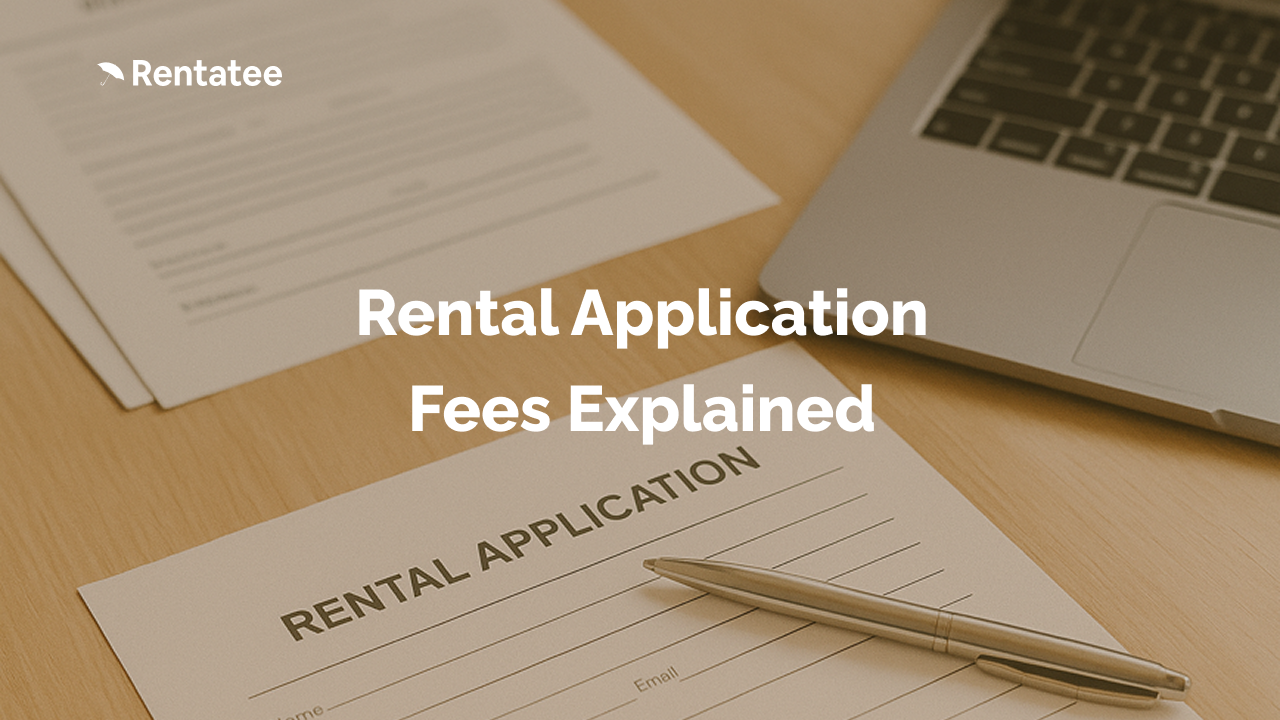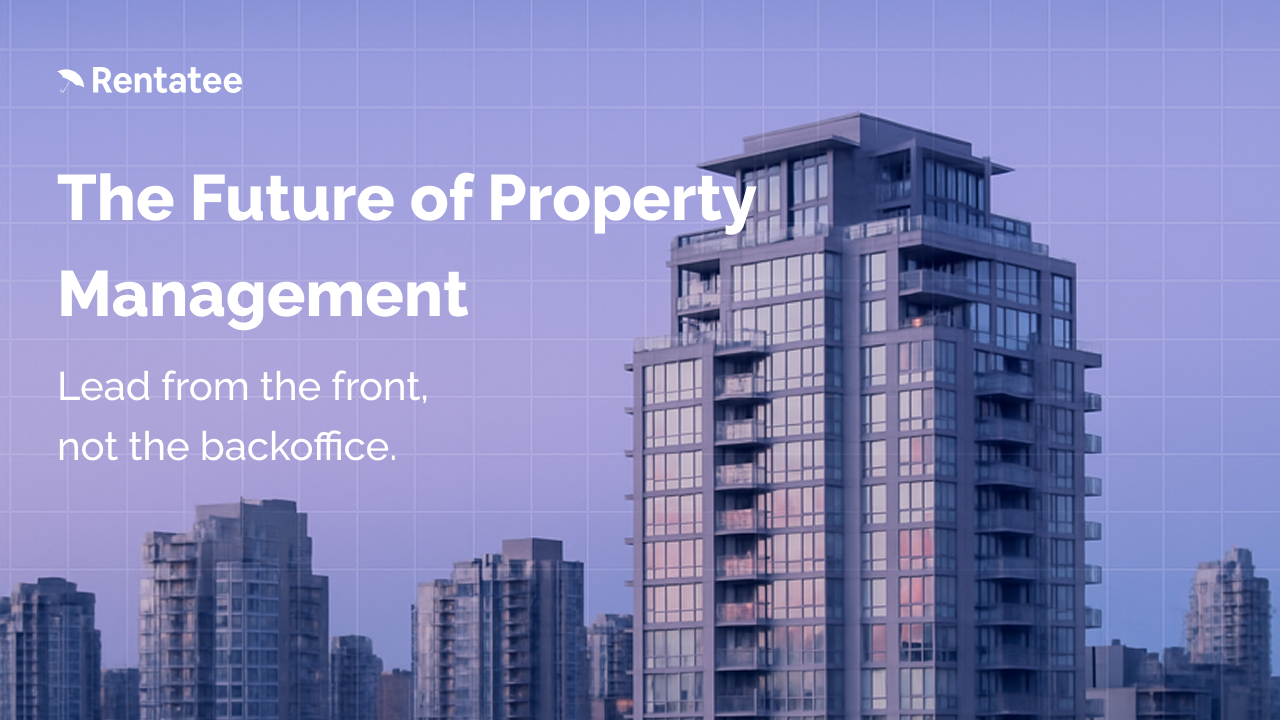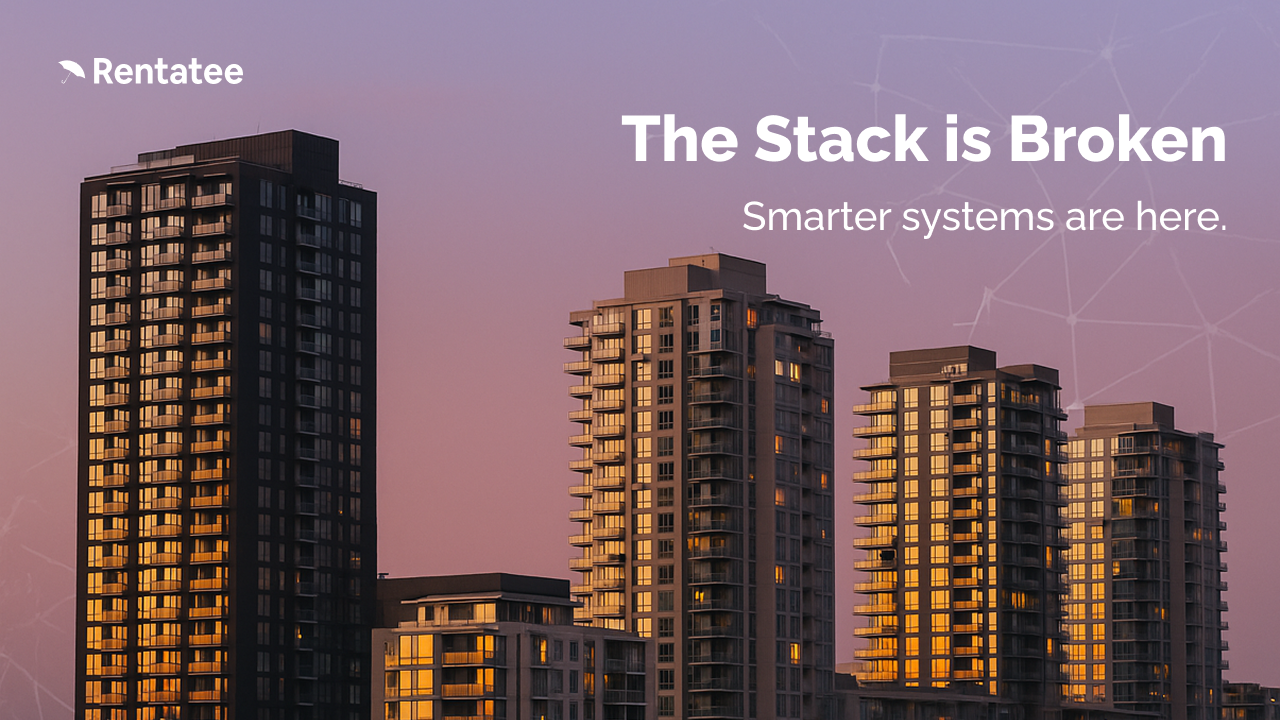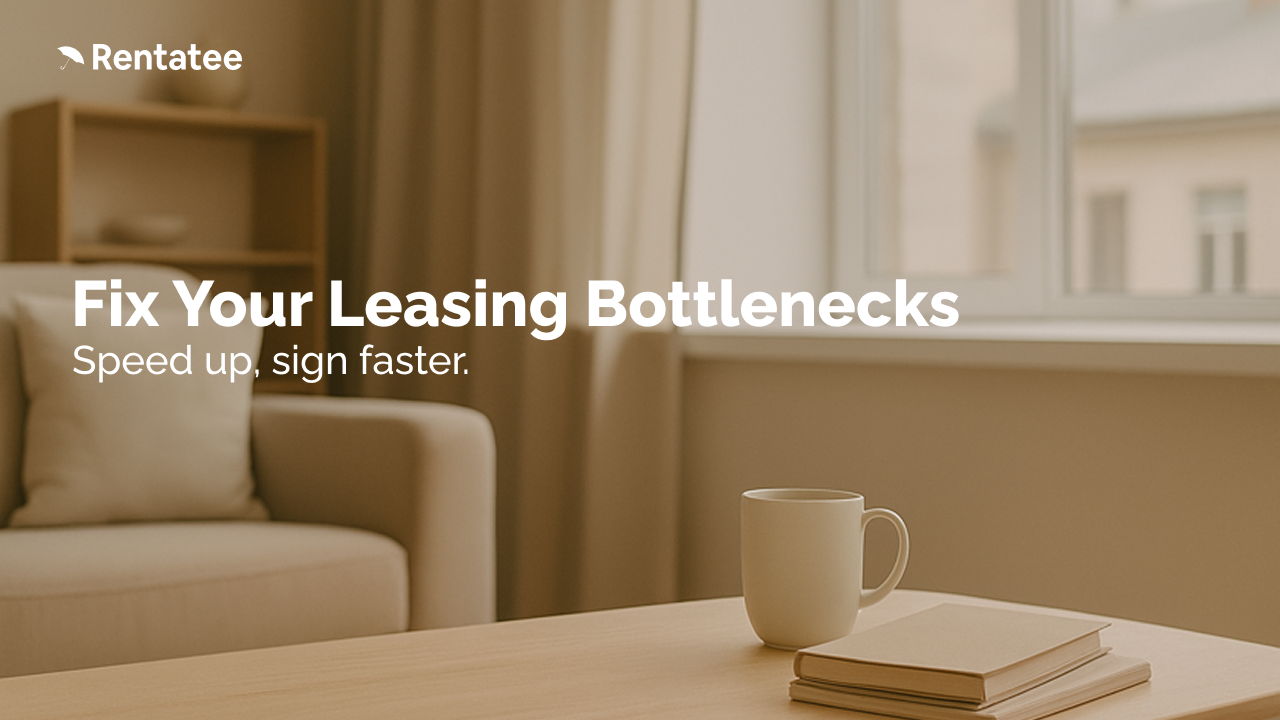Charging an application fee seems simple. But without clarity, consistency, and compliance, it can backfire fast.
Fees that are too high, non-refundable, or poorly explained can create friction, lead to complaints, or even open you up to legal risk. Especially in high-demand markets, transparency is everything.
Here’s what every landlord should know before collecting rental application fees.
1. Understand What the Fee Is For
A rental application fee isn’t just a revenue line. It’s a cost-recovery measure.
Application fees should be used to cover:
- Credit checks
- Background checks
- Employment and reference verifications
- Admin time for reviewing documents
If you’re charging a fee, make sure the services you provide justify the amount and that you can explain exactly what the fee covers.
2. Know the Legal Limits in Your Area
Many provinces and states regulate application fees. Some cap the amount. Others ban them entirely.
Before you charge anything, check:
- Whether fees are allowed in your region
- The maximum amount you’re permitted to charge
- Whether you’re required to refund the fee if an applicant isn’t selected
Ignorance isn’t a defense. Stay compliant.
3. Always Be Upfront With Applicants
Don’t surprise applicants with unexpected fees after they’ve already filled out your forms.
Best practices:
- List the fee clearly on the rental listing or website
- Explain exactly when it’s due, what it covers, and whether it’s refundable
- Provide a receipt or proof of payment every time
Transparency builds trust. It also filters out unserious applicants and protects your reputation.
4. Avoid Charging Fees Unless You’re Ready to Process the Application
If you’re collecting multiple applications at once, don’t charge fees unless you’re reviewing each one fairly.
It’s unethical and sometimes illegal to collect fees for units that have already been filled or if you’ve already selected a tenant.
A good rule: charge the fee only after you’ve confirmed the unit is still available and the applicant meets basic criteria.
5. Don’t Use the Fee as a Profit Center
Application fees are for cost recovery, not margin.
If you’re charging $75+ but only running a $20 background check, you’re sending the wrong signal. And if the fee is too high, you’ll turn away high-quality applicants who expect a more professional process.
Fair pricing isn’t just ethical, it’s strategic.
6. Consider Waiving the Fee for Strong Applicants
In some cases, it makes sense to waive the fee.
For example:
- Returning tenants
- Referred applicants with verified backgrounds
- Corporate leases or employer-paid housing
This isn’t about making exceptions. It’s about being efficient. If you already trust the applicant, skip the unnecessary steps.
Bottom Line
Application fees are a small part of the leasing process but they say a lot about how you run your business.
If your process is transparent, fair, and compliant, you’ll earn trust and filter better tenants. If it’s inconsistent or unclear, you open the door to complaints, legal issues, and missed opportunities.
Stay professional. Stay sharp. Your leasing process should reflect the standard you set across your entire portfolio.




